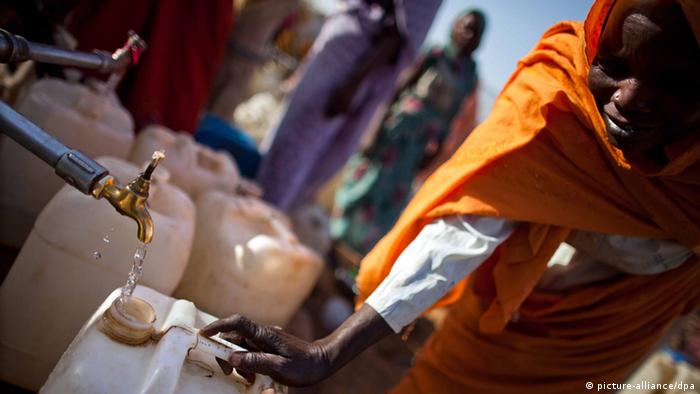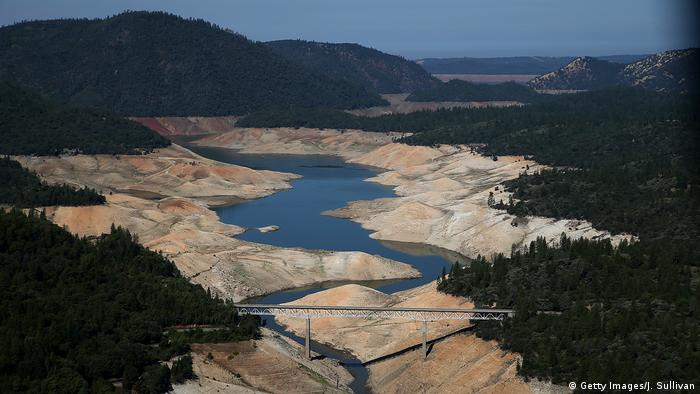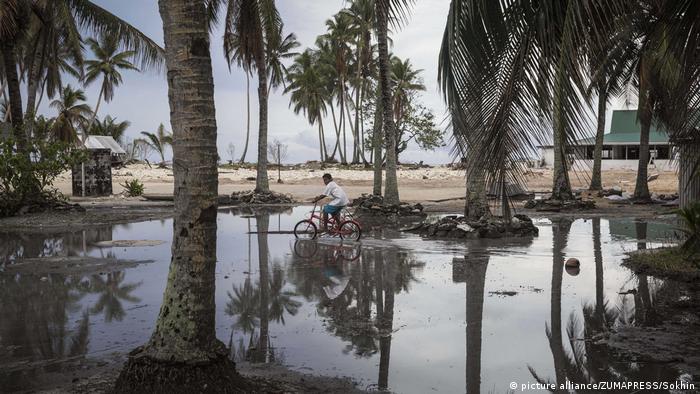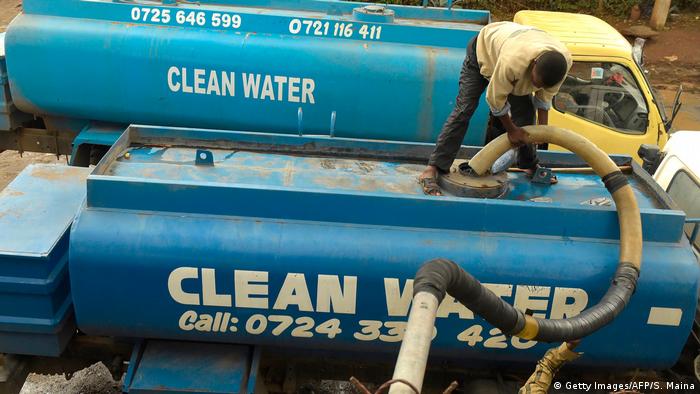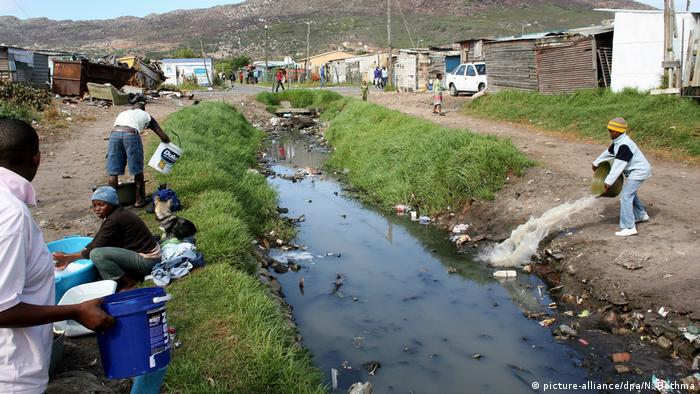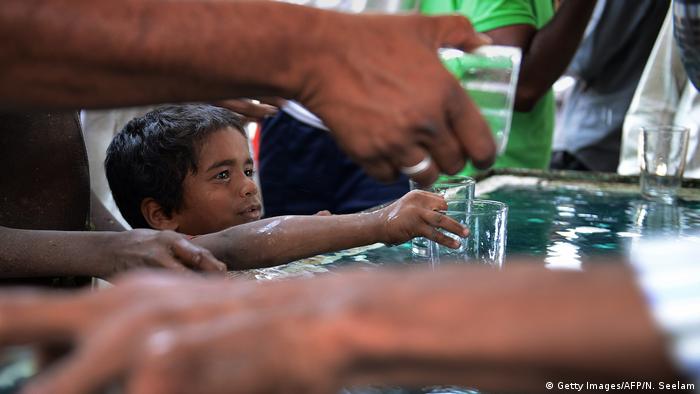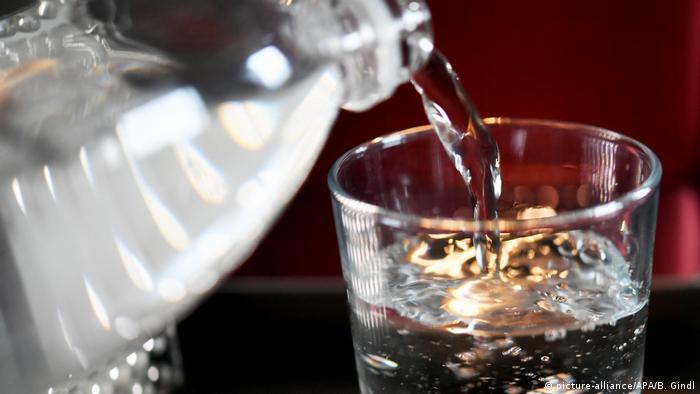In the Afghan capital, Kabul, the groundwater level drops dramatically. In ten years, the water could be exhausted in the stocks entirely. Religion, help – thinking scholars, but in a different way than you might.
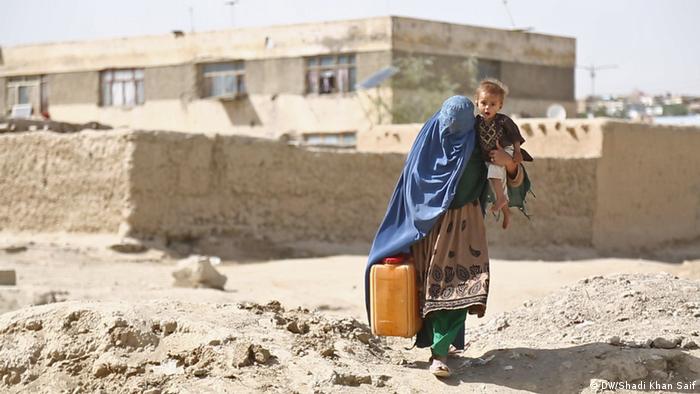
Invasions, civil war, terrorist attacks, rival warlords in the last few decades it has meant the fate of Afghanistan. Many people leave their homes on the Land and move to Kabul, in the hope of a better and safer life. However, the capital of the country is exposed to an entirely different threat: an extreme lack of water.
Afghanistan national disaster management authority (ANDMA) warns that the increasing demand and the water consumption in the city could lead to that the groundwater reserves will be depleted within the next ten years.
In the past five years, the groundwater level has decreased in Kabul to 20 meters, have identified Afghanistan urban water businesses AUWSSC. And since it is in the Region tend to be less raining and snowing, it is likely that the mirror will also continue to decline.
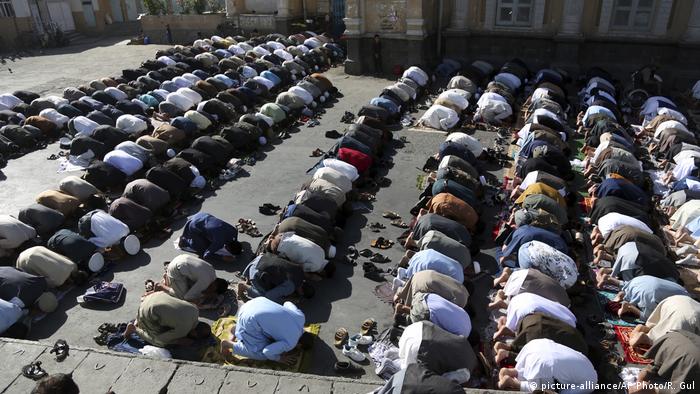
Can you explain the need to save water, with Asked?
For the almost five million inhabitants of the city, this is a concern, especially when you consider that Kabul is one of the fastest growing cities in the world.
In order for the metropolis over the medium term remain habitable, will be a joint effort of the inhabitants is necessary. You have to deal with the few water carefully. For this, awareness needs to be created, but this is easier said than done. Therefore, the city has asked for an unusual but very influential group for help: religious scholars and imams.
More on: Mosul suffers from acute water shortage
More on the topic: India: As a man, the water crisis will wash away
The water-saving preaching
The city administration has invited save hundreds of religious leaders to a four-day training session to the water. What have you learned there, you have to give to their communities.
Mullah Obaid Ullah, for example, an Imam in Kabul’s Eastern district Ahmad Shah Baba Maina, took advantage of prayer in his sermon before the Friday, when the mosque is full, to share what he had learned.
“My Muslim brothers,” he said in front of hundreds of well-dressed men of all age groups “in ‘Akherat’ (the Hereafter), we will be for all of our deeds in this world accountable. Be very careful and mindful of how you use the blessings bestowed on us by Allah – like the water.”
His words boomed from the speakers of the mosque and echoed through the new construction neighborhood full of construction sites and pits.
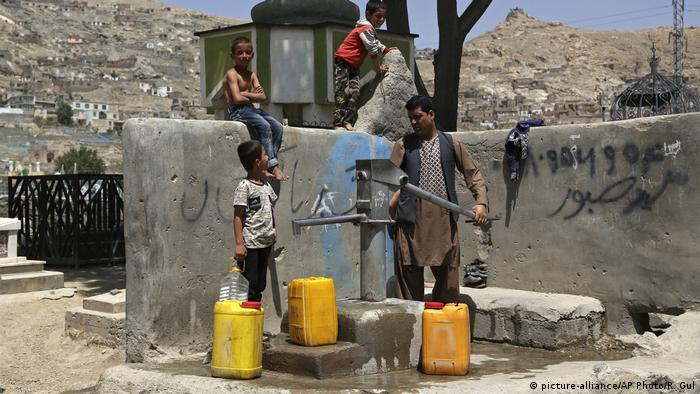
Most of the houses in Kabul are not connected to the water supply
“Unnecessary daily car wash, the faucet or the shower running unnecessarily, even at the ‘Wudu’ (ritual Washing before Muslim prayer), is strictly prohibited.”
The fact that the message is spread by a mosque, not used otherwise rare religious content shows that it is a urgent issue.
Self-built wells are exhausted
And it is an urgent Problem. ANDMA spokesman Omar Mohammadi says, only about 65,000 homes in Kabul are connected to the municipal water system. Many of the 213.000 fountain in the city, people have dug for yourself. They are, however, no guarantee for the supply of water.
More on the topic of: lack of water: waste Brazil wasted his most precious treasure?
For more on the topic Of climate change is forcing Berlin to rethink its water strategy
“Four years ago, I spent almost 1000 dollars to let a 35-Meter-deep dig wells, but he’s dried up,” says Muhammad Ummer, a father of five children, compared to DW.
“Now I’m worried and frustrated, because there is no way to get the heavy drilling machines in my house, you’d need to dig a deeper well.”
Other parts of Kabul are in a similar and sometimes even worse Situation.
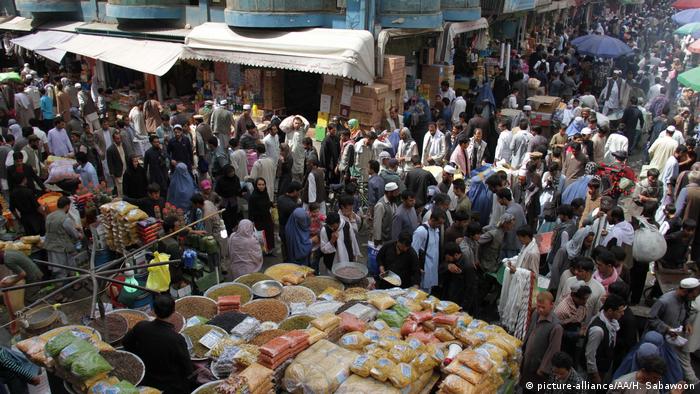
The population of Kabul grows, however, the search for security and prosperity, more and more people leave their home country
In the Central De Helmandyano Camp, a temporary settlement of internally displaced persons from the southern province of Helmand, share with hundreds of families with a single fountain.
“To see you,” says Camp residents, Noor Rehman. “This is the only wells for the whole Camp and the water is salty. Our children are sick because they drink this water, but we have no Alternative.”
In view of these conditions, the national environmental protection Agency (EPA) hopes that the cooperation with the 300 religious leaders who participated in the water-saving Training that will improve the Situation in the long term.
More about: world, water scarcity Why wastewater is a possible solution could be
More on the topic: Invasive Acacias in South Africa suck the water
Aquifers replenish
But Hamidullah Yalani, head of AUWSSC says, the government was pursuing other plans. “In order to secure the future of the country, the construction of new dams is of the highest priority for the government,” he told DW. “A number of dams are now being built in different Parts of the country.”
As a result, the groundwater storage could fill up again. This is extremely important, in view of the many war-weary Afghans, the currents in search of a new beginning in the cities.
But the works need time, therefore, Mullah Obaid Ullah hopes that his congregation will listen to what he preaches – and he is hoping for divine intervention.
At the end of his Friday prayer, he raises hands to the sky.
“Oh, Allah!” he says. “We are weak and have perhaps made a lot of mistakes and were disobedient. But you are forgiving and merciful. Have mercy on our Land, bless us with rain and snow,… Amen.”
